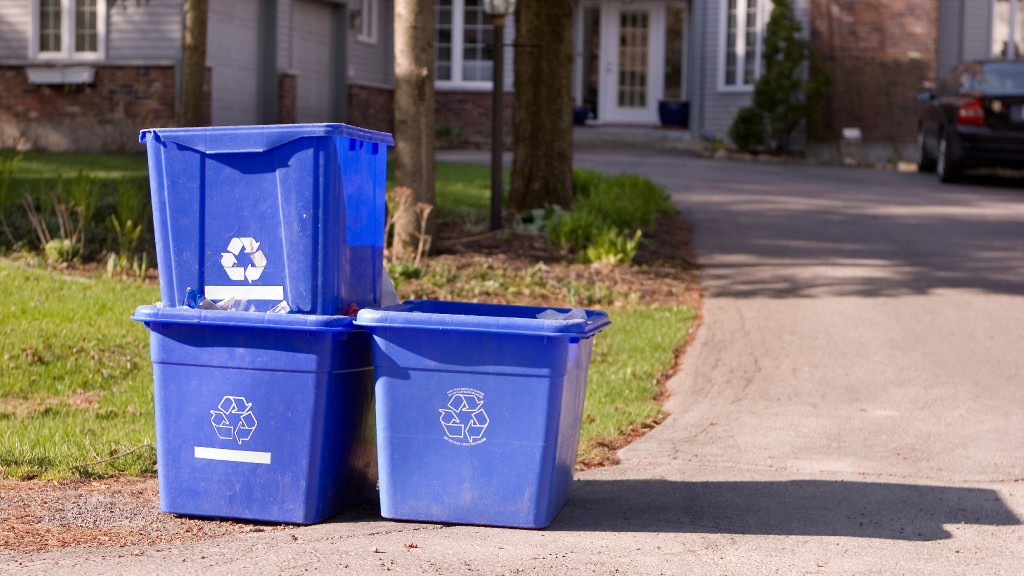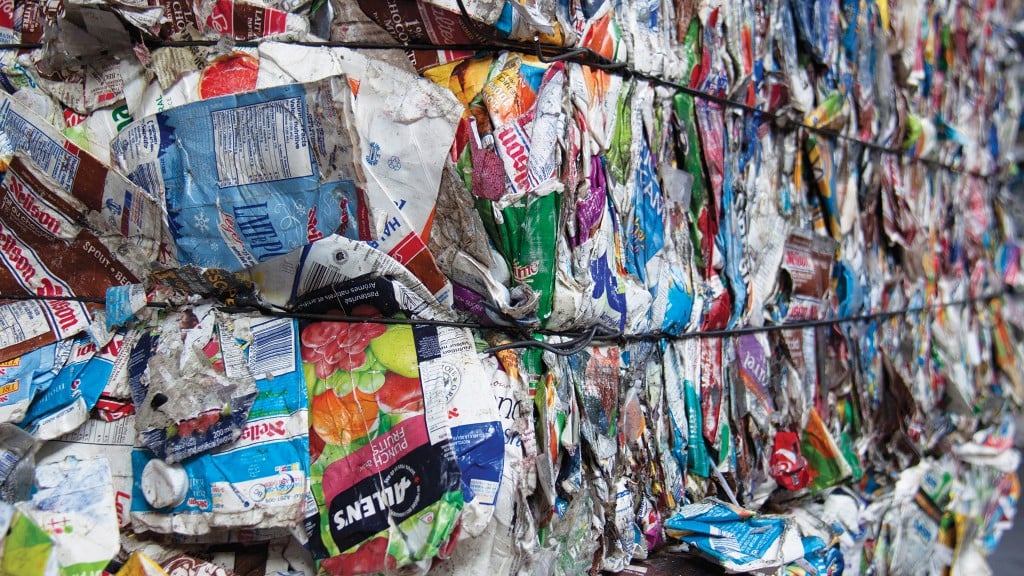
Consumers need more recycling education, according to new research commissioned by the Carton Council of North America. The organization's biennial national survey reveals a decline in confidence that mainstream materials can be recycled, and that recycling is still important.
The survey reveals small percentage drops across all commodities in consumers reporting they are confident that materials are accepted in their recycling programs. This same trend is evident when they report if they always recycle those items. High numbers of respondents (92 percent) say they still support recycling but those who marked recycling as "important and a priority" decreased by six percentage points, while the perception of it being "somewhat important" increased by three percentage points. This suggests recycling remains a priority, albeit a less pressing one.
"Even a slight decrease in recycling focus can have a significant impact," said Larine Urbina, vice president of communications at the Carton Council. "These findings are a reminder that ongoing education is essential."
The greatest barrier to recycling is uncertainty about what materials can be recycled. For food and beverage cartons specifically, over a third of respondents who report they don't regularly recycle their cartons cite uncertainty as their primary reason. To tackle this, consumers can use the address locator to find local carton recycling options.
Product packaging and community websites remain the top two sources consumers look to when determining a package's recyclability, emphasizing the need for accurate and accessible on-pack recycling instructions and up-to-date local websites from those running recycling programs.
The study, conducted by Hill & Knowlton, surveyed nearly 9,000 participants who have access to curbside recycling programs.



